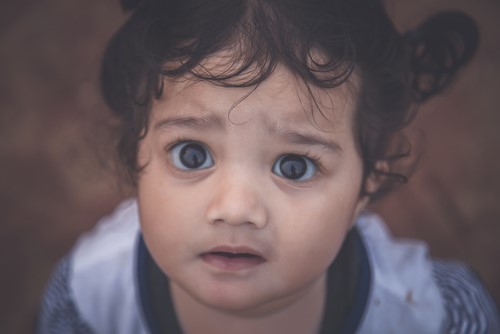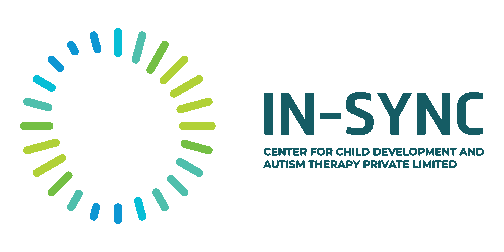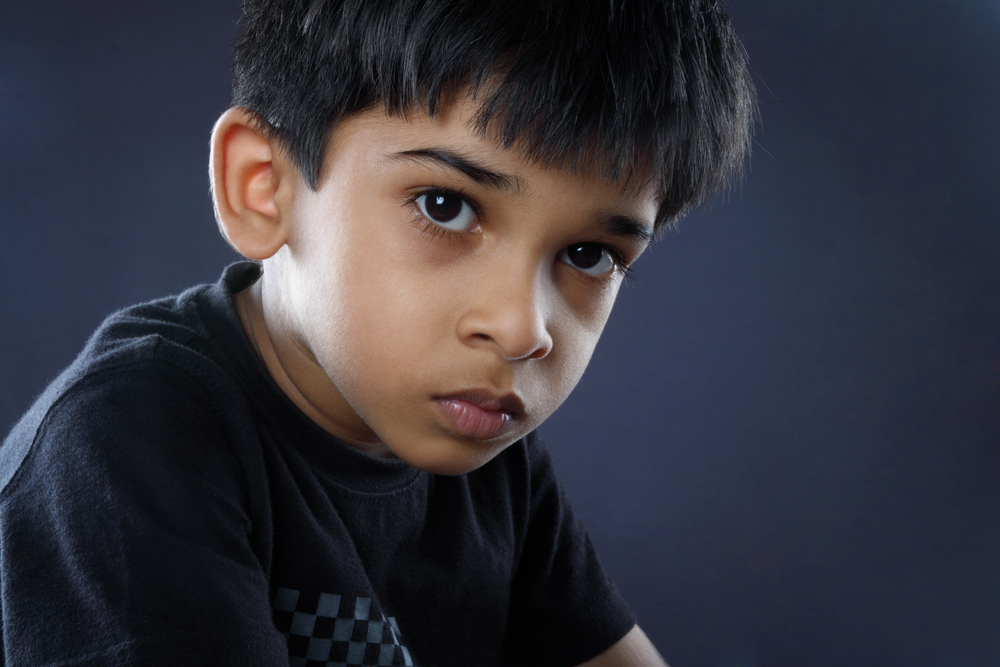Are you starting to worry about your child not communicating clearly? Is his vocabulary quite limited? Sometimes, it is nothing. A few kids just pick up late. Other times, though, this could indicate expressive language disorder.
Kids with this disorder have issues with spoken language. They may not willingly start conversations or participate in them even though they understand what’s being communicated. They can usually even pronounce words clearly but when it comes to expression, they fail.
Let’s learn about this language disorder in detail:
The signs:
1. Your child is usually very vague when he speaks:
Have you noticed lately that he is using words such as “stuff” and “that” while explaining or sharing something? This shows that he is finding it very difficult to communicate or express his thoughts and thus, he is using words like stuff to cover up and convey his point. You might want to talk to his teachers to see if he does the same at school and repeats what the teacher taught when asked a question. These are strong signs of a child going through difficulties with expression.
2. He is very quiet – unusually quiet for a child of his age:
Again, a few kids are shy and do not interact much. That’s completely okay. If he never talks at all, even when prompted, we may have a concern, though. Since kids with expressive language disorder have trouble expressing themselves, they tend to isolate themselves. They do not fancy social situations.

3. He speaks incoherently:
Jumbling words, not being able to pronounce simple words, and missing out words altogether are signs of expressive language disorder. This is why, when they read something out loud, it won’t be coherent. When they say something, you may not even understand them.
4. He does not remember words:
This is another sign, when combined with the others aforementioned, that you should beware of. Not remembering words despite repeated efforts can also point to a problem. Besides these, sub-par vocabulary skills and wrong use of verbs & tenses are signs to look out for.
Remember that these signs individually do not mean that anything is wrong with your child. Alarm bells must be raised only when you see most or all these symptoms. Also, always follow your gut and talk to a language therapist if you feel like your child really needs help.
Tests and therapy
A language therapist will conduct a few tests to determine if your child is indeed suffering from expressive language disorder. Usually a few other tests are also conducted to detect other learning disabilities. Based on the results, therapy and intervention may begin.

Language therapy at an early age is the best way to treat your child and help him lead a regular life. Language therapy usually also includes speech therapy. Remember to speak to an expert or get in touch with a reputed child development center to ensure that your child gets the best guidance and care.


Add Comment